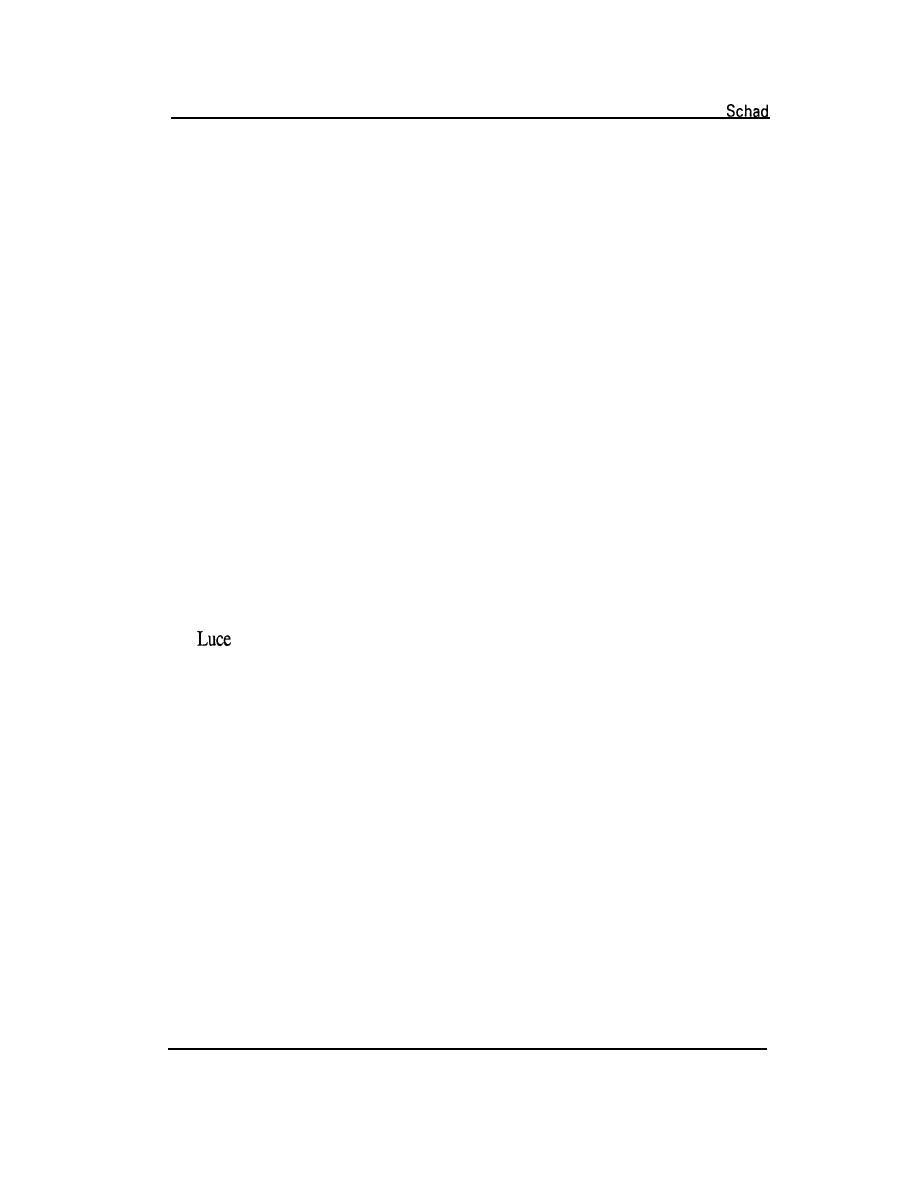
Theodore M.
We had a commission meeting just about every month after the studies were
coming in. Usually the meetings would start in the evening with dinner and a
discussion of some kind after dinner. Then we'd have morning and afternoon
sessions the next two days concluding about three o'clock in the afternoon of
the third day. Some of the earlier meetings were just one day. I tried all
different ways of doing the minutes of the meetings. One time we even had the
tapes transcribed, but that took too long, and they had to be edited. So finally
I just made notes as we went along and then I would come back to the office
and dictate the minutes.
I have had a lot of experience working with commissions and committees, and
sometimes they don't really take some action that they should take or they
forget to do something that they intended to do. This commission was no
different. My philosophy has always been (I hope it doesn't sound like David
Stockman) to write the minutes up as to what I thought the sense of the meeting
was and what the committee and commission should have done rather than
what the actual transcript showed. You sometimes have to do it that way;
otherwise, you'd never have a good record of the actions taken.
Preparing the minutes took a lot of my time and I could never have done it if
it hadn't been for Flo Broussard. She was very competent. She didn't work
overtime, she didn't have to. She could do all the work in eight hours. Mr.
thought she was overpaid compared to his secretaries at Con Ed, but she
earned every bit of her pay. She went on after she left me to be secretary for
Russ Peterson when he was chairman of the Council of Environmental Quality,
and then later on she was secretary to the science advisor in the Executive
Office of the President. She was topnotch, and that was one of the reasons I
could get so much work done.
We didn't have many meetings with consultants, but we did have one big
meeting at Belmont to which we invited members of the committee staffs from
House and Senate committees and from the minority and majority sides. This
was probably in the spring of 1969 when we were first getting started. We also
held field hearings, about five or seven hearings at various places around the
country. I can remember going to Portland, Denver, Phoenix, and New
Orleans. Every state was invited to make its views known at these hearings,
and we amassed a tremendous volume of material. This is always an essential
part of a commission study. But you get an awful lot of material, most of it
about things you already know, that you can't use or don't need to use.
181



 Previous Page
Previous Page
